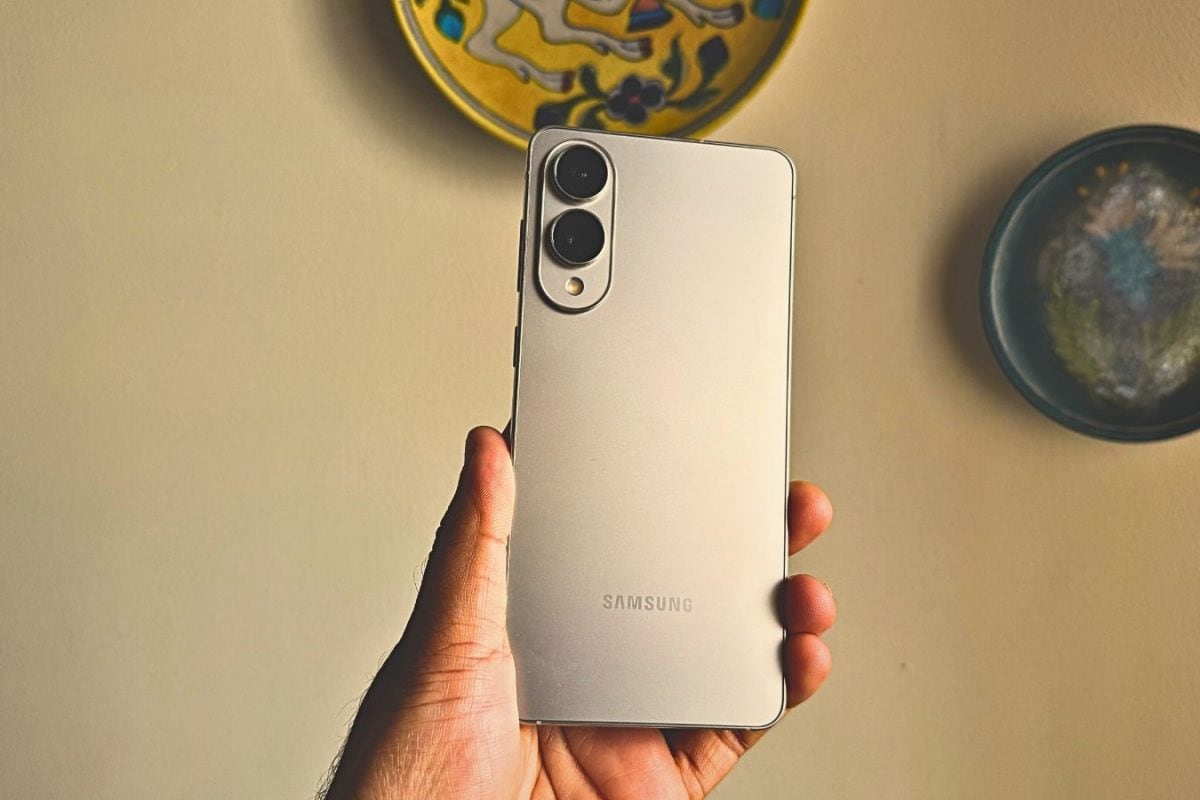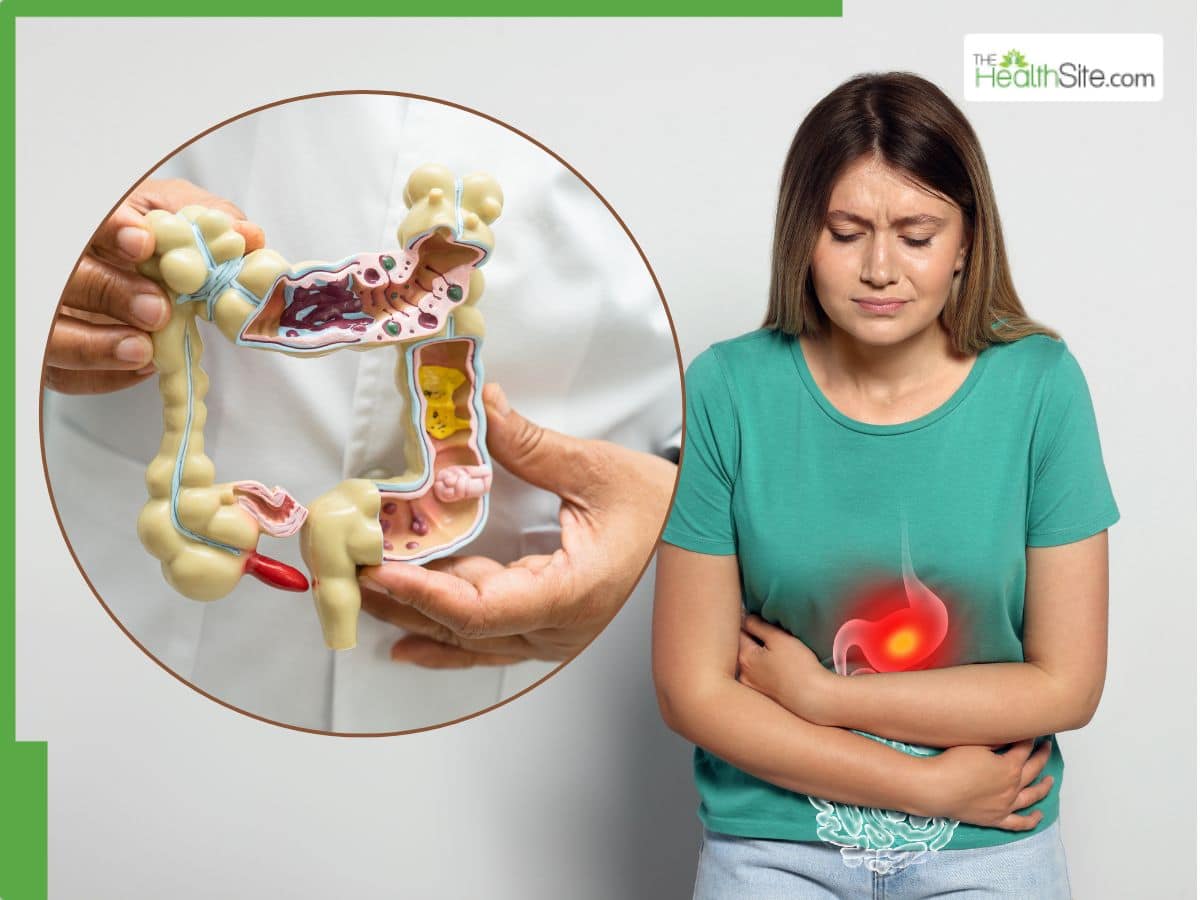Eye Health: How Hormonal Changes During Pregnancy And Postpartum Period Can Affect Vision
Vision changes during pregnancy are common; they are usually temporary. But, it is important to know what to expect and how to care for the eyes to protect vision and stay comfortable.

Eye health during pregnancy and postpartum period: During pregnancy, the body goes through many changes — physical, mental, and emotional — because of the hormones and the way they function while accommodating a new life in the body, and later, when the baby has been born. The mother, as a result of this, has to face many challenges, among which are changes in vision. Doctors explain that since hormones ‘shift’ during pregnancy and after delivery, they are likely to cause problems for the eyes by affecting the vision. Most of these changes, however, are temporary, and there is no reason to be scared. But, for good measure, it is crucial to understand what is happening inside the body, and when one should reach out to a doctor for possible solutions.
Dr Rohan N Dedhia MBBS, MS (ophthalmology), FVRS retina, senior consulting ophthalmologist retina, cataract and refractive surgeon at Ojas Maxivision Eye Hospitals (Bandra & Kandivali) lists six possible eye/vision problems that many pregnant women, and those in the postpartum phase, may experience. Read on.
Understanding Vision Changes Before And After The Birth Of Baby
Blurry Vision
According to the doctor, a surge in hormone levels during pregnancy can cause the eyes to ‘hold’ more fluid. What are the implications? “This may change the shape of the eye and make the vision ‘blurry’,” the doctor explains, adding that it may feel like your glasses or contact lenses do not work anymore. These changes, however, usually go away after the baby is born.
Dry Or Irritated Eyes
It is common for some pregnant and breastfeeding women to experience dryness in the eyes, or even irritation. The doctor explains that hormones can affect the production of tears, making the eyes feel dry, itchy, or even gritty. To soothe the eyes, one can consider using over-the-counter artificial tears. Women must also stay away from fans or dry air, which can make the eyes feel more comfortable.
Sensitivity To Light
Some pregnant women also become more sensitive to lights, especially the bright ones. It can make it harder for them to drive at night or even spend time out in the sun. To deal with this problem, the doctor suggests wearing sunglasses or hats with brims when stepping out. These things can reduce discomfort.
Changes In Eye Pressure
Dr Dedhia says that hormones often tend to lower the pressure inside the eyes. “This is not harmful, and may even help women with conditions like glaucoma. But, if you have an eye condition, it is important to tell your doctor you are pregnant, so that your treatment can be adjusted, if needed,” he advises.
Headaches and Eye Strain
It is common for pregnant women to experience headaches and eye strain, which are a result of hormone changes, along with tiredness caused by screen time. It is important to take necessary screen breaks and rest the eyes. Women must also drink plenty of water for relief.

Gestational Diabetes And Vision
The expert explains that if one develops gestational diabetes, it may affect the small blood vessels in their eyes, causing blurred vision or even swelling. “If you have this condition, your doctor may recommend an eye exam during pregnancy,” he adds.
After-Birth Vision
The ophthalmologist states that after the baby has been delivered, the hormone levels usually start to return to normal, and most vision changes fade. “But, if your eyesight does not return to normal even after a few months, you must visit an eye doctor.”
When To See A Doctor
- If you experience sudden vision loss, flashing lights, or floaters.
- If you have high blood pressure or diabetes during pregnancy.
- If eye symptoms last more than a few months postpartum.
What's Your Reaction?



































































